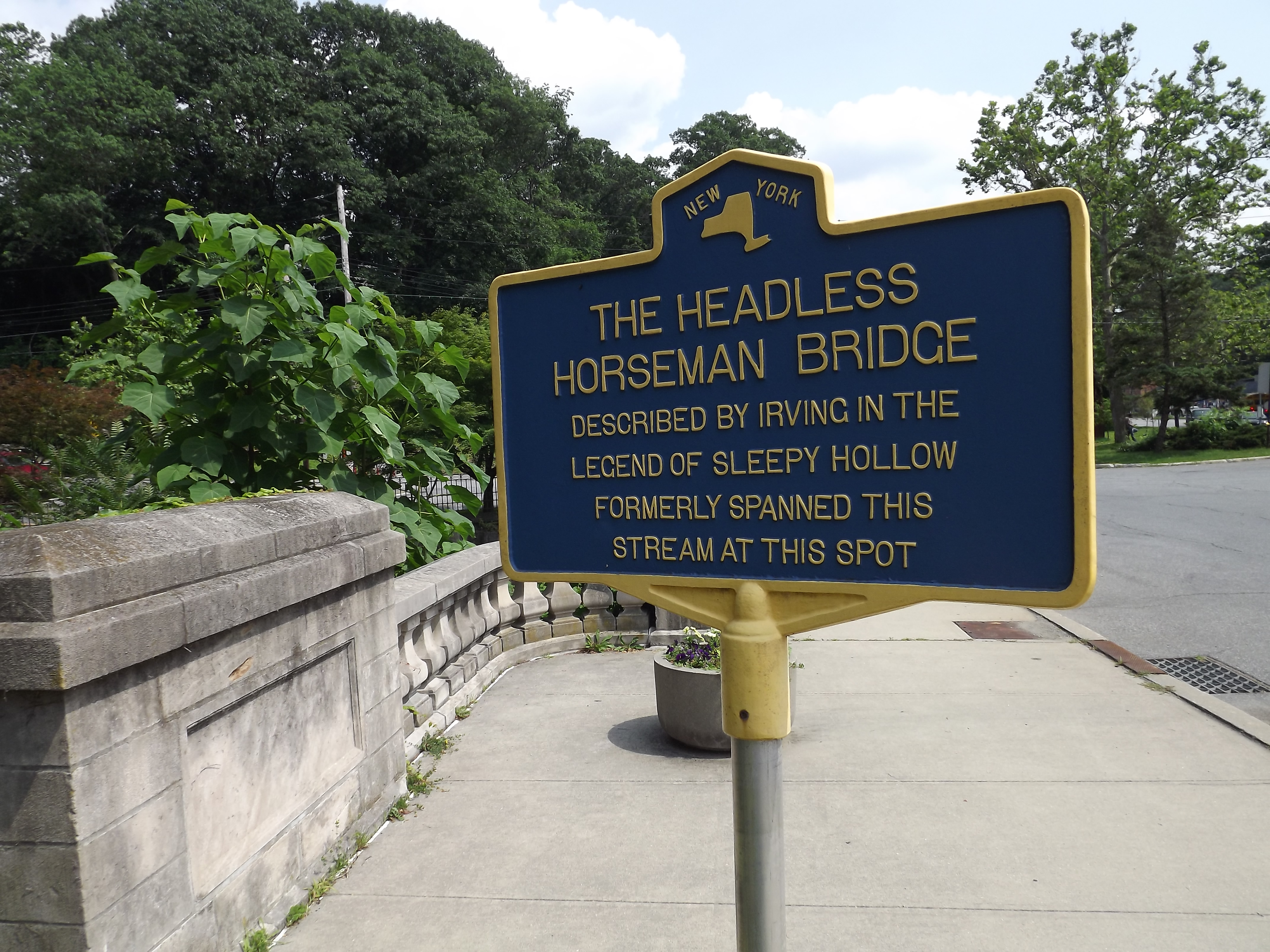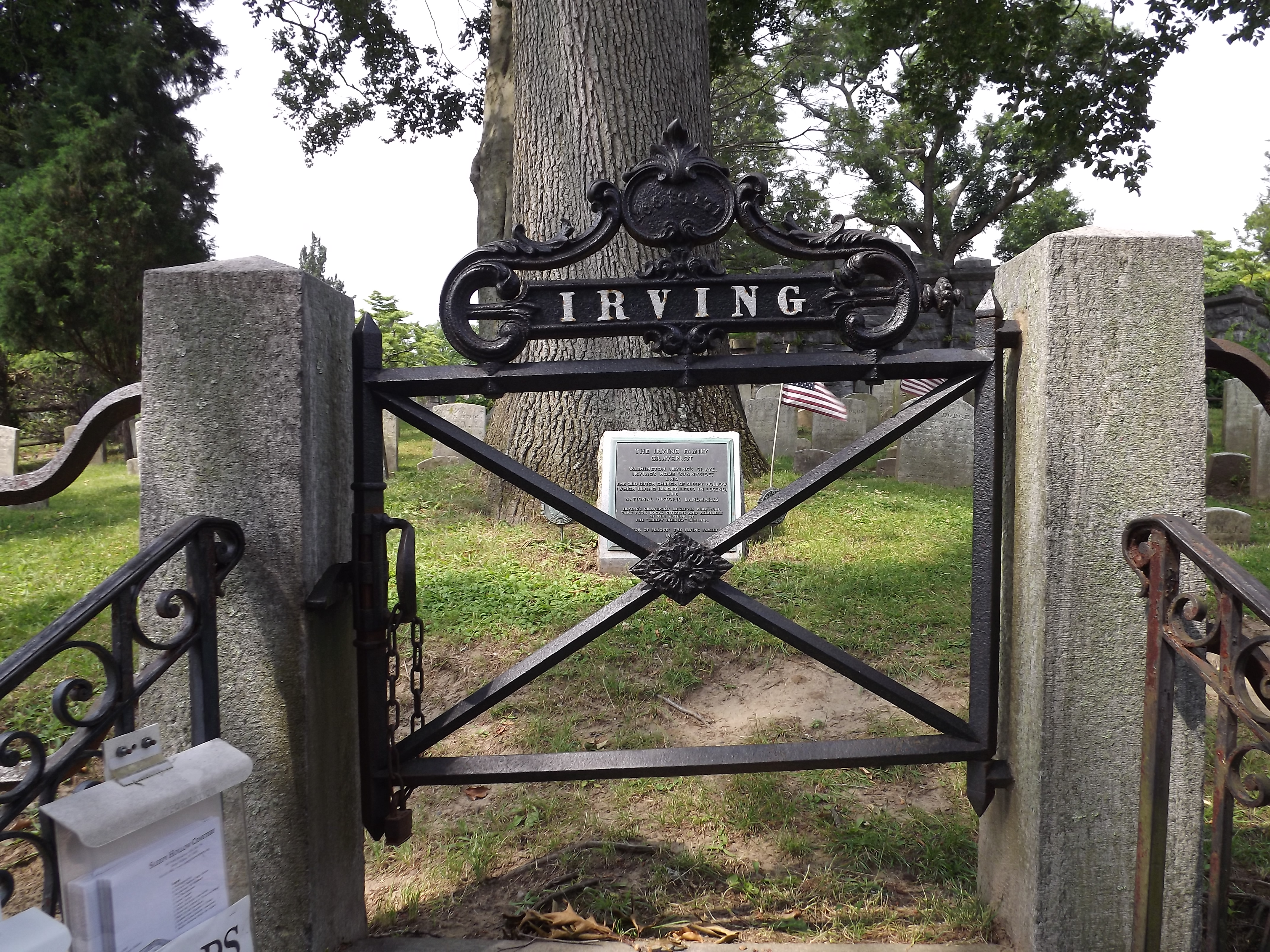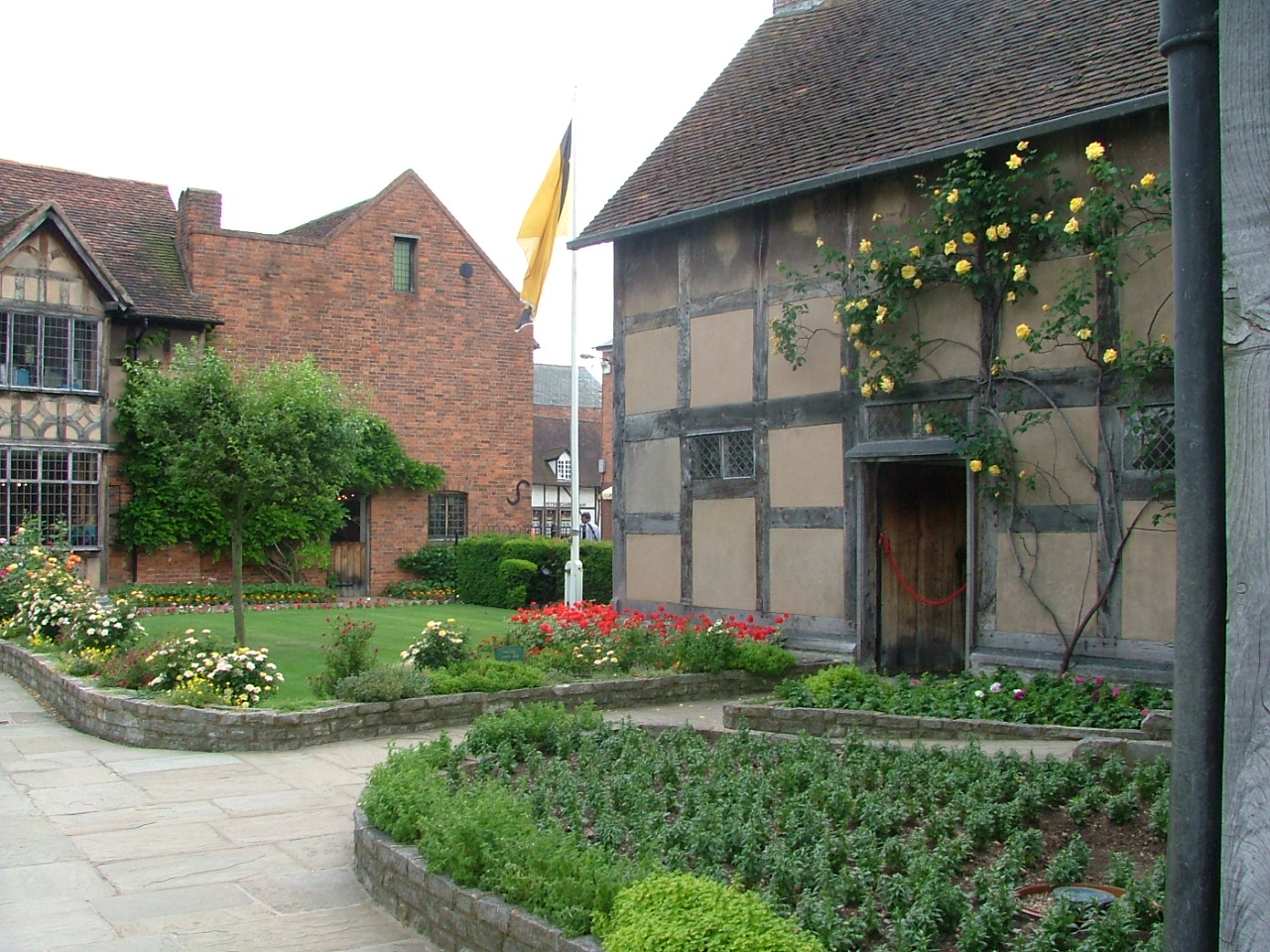In an effort to bring you non-comps related material, here are some anecdotes about how my crazy, beautiful life has some wonderful adventures in it. Enjoy!
Over the course of the past few months, I’ve been slowly re-integrating pieces of my life that I had taken a long break from. Primarily due to the efforts of a certain individual who, as is my wont, shall remain nameless in order to protect the innocent, I’ve been rediscovering the wonderful world of fight choreography.
Staged violence is a strange and interesting thing. Part dance, part illusion, it’s something that caught my attention at a young age and has held it since. Because knowing how to execute even the most rudimentary stage combat is not something that everyone knows how to do, the individual who has even a modicum of training is often the person in the room most qualified in the art. I’ve been that person many times (though, while I wouldn’t call my experience “exhaustive”, I definitely fall into the category of “someone who knows things” rather than “someone with a modicum of training”).
Hanging out with fight directors is a special pastime in its own right. We come from diverse
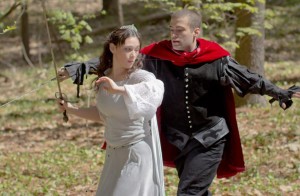
very recent picture of me fighting (as part of my now award-winning film!)
backgrounds as movement artists: martial artists, fencers, the few and far between dancer (this is my particular gateway). What we share in common is an interest in safety, an interest in illusion, and an interest in making cool stage pictures. What this means effectively is that talking shop happens often and can be just the thing for making the poor diners at the next table have the most unforgettable date of their lives.
When I was still working out of New York, I remember one particular lunch during which I was meeting with an FD to talk about a project. The topic of “found weapons” came up and he took a moment, picked up his fork, then proceeded to rattle off a list of about twenty-five ways he could injure, kill, or otherwise subdue various patrons with said implement of food-shoveling.
Recently, such gems as “it was my first lynching” and “this was my first school shooting” have been texted or otherwise uttered to me.
In the past month, I’ve been (literally) swept off my feet mid conversation several times because my partner wanted to take a moment and demonstrate a technique we had just been discussing (…being a responsible partner, he makes sure to check if there’s a soft landing place if he intends to take me to the ground, but the most common stage combat throw actually works better with somewhere firm to land so that particular instance was on concrete).
This series of encounters led to me having to think about (and voice) one evening: “Oh, just FYI, please don’t throw me tonight – I have an injury I’m healing.” Because, you know, everyone should check in with themselves when they know who they are dining with on a given evening and ensure that they are physically up to the task.
We’ve discussed eye gouges over hummus and coffee.
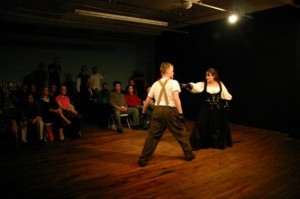
Very old picture of me fighting (circa 2005)
We’ve also had lengthy talks about blood and how neither of us particularly care for working with it. I’m reasonably certain that the other café patrons thought we had a Dexter-mobile outside.
Perhaps the most amusing of these instances was a late-night encounter with Tufts Campus security. We were reviewing grappling techniques and take-downs on the big, soft lawn at midnight (because, well, that’s what you do when you’re not otherwise gainfully employed). We realized through this process that there were, in fact, several security-mobiles circling. We managed to behave ourselves like normal people while being hit with the headlights, and ironically enough it wasn’t until we were sitting and yapping at each other about historical fencing manuals that an officer actually approached us. Luckily we’re nicely dressed, intelligent people so it wasn’t much of an issue at that juncture.
My point today is this: if you, in your travels, are searching for a little adventure and variety in your social life, I highly suggest befriending a stage combatant (or, if you’re really looking for some spunk, an FD). We’re cuddly people with good stories to tell and you never know when you may need to not kick someone’s ass.



 Do whatever you need to do to keep yourself in the red. Dance, throw stuff, run around, keep going, dip into the deep part of yourself where you store the bits that you don’t generally access and use those to fuel whatever it is you are doing until it’s done.
Do whatever you need to do to keep yourself in the red. Dance, throw stuff, run around, keep going, dip into the deep part of yourself where you store the bits that you don’t generally access and use those to fuel whatever it is you are doing until it’s done.

